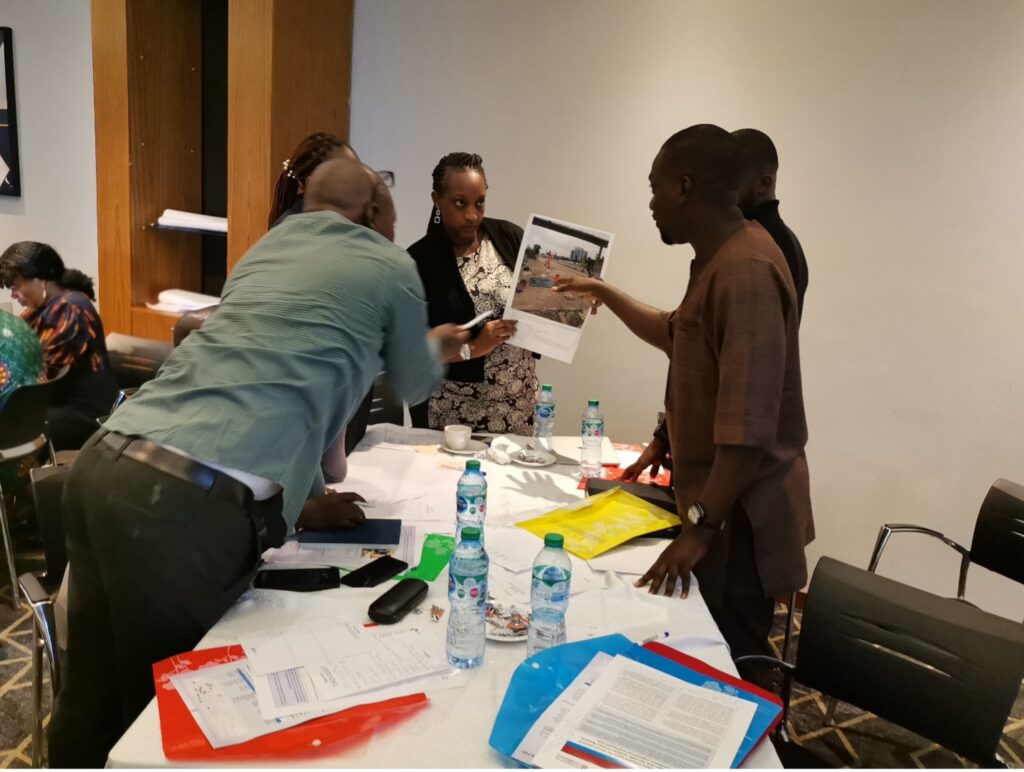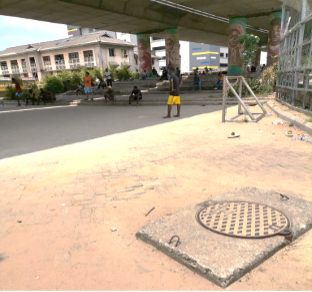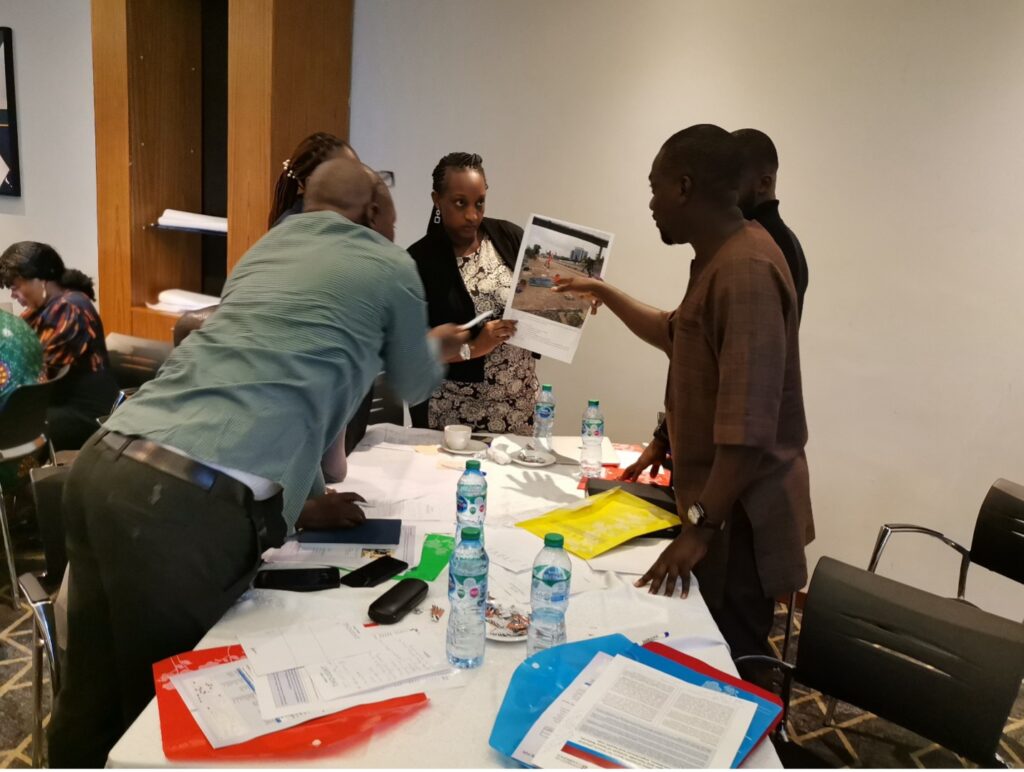Our parallel research team at ALPhA, in collaboration with GDAR members, have published a mixed-methods systematic review on Urban Public Space Initiatives (PSIs) and Health in Africa. The objective of this study was to synthesise evidence on the typology, location, features, and outcomes of these initiatives as well as the guiding principles that underlie their design and implementation.
The research examines the link between urban public spaces and health outcomes in African cities, where rapid urbanisation can lead to inadequate infrastructure and health challenges. The study highlights how unplanned urban growth exacerbates socio-economic disparities and limits access to essential services, contributing to a dual burden of infectious and non-communicable diseases.
The research specifically explores how PSIs can play a transformative role in improving urban health outcomes. By promoting access to areas conducive to physical activity and social interaction, PSIs are positioned as essential interventions in cities where residents often use informal, poorly designed spaces, such as sidewalks or under-bridge areas. The sustainability of initiatives was often limited by funding, historical marginalisation, and competing land uses.
The results of the study underscore the need for cities to invest in well-planned, inclusive public spaces that support safe physical activity and community engagement. The research demonstrates that strategic investments in urban public infrastructure can reduce health risks and improve overall well-being in fast-growing African cities.
This finding calls for urban policymakers to prioritise the development of safe, accessible public spaces as a key component of sustainable urban health strategies.
Read the full paper here: https://journals.plos.org/globalpublichealth/article?id=10.1371/journal.pgph.0003709
Read more about ALPhA here: https://urbanbetter.science/archive/alpha/





